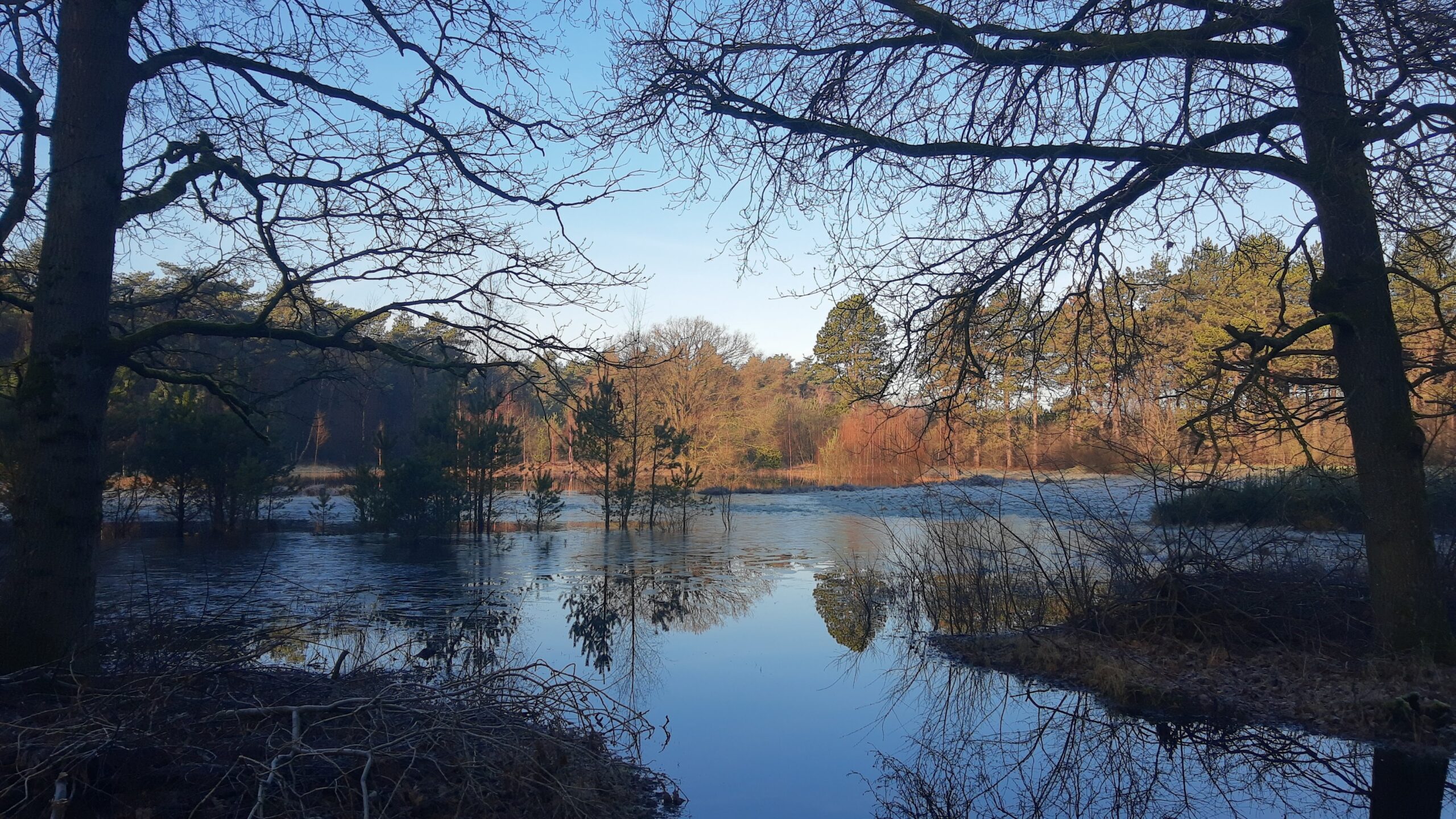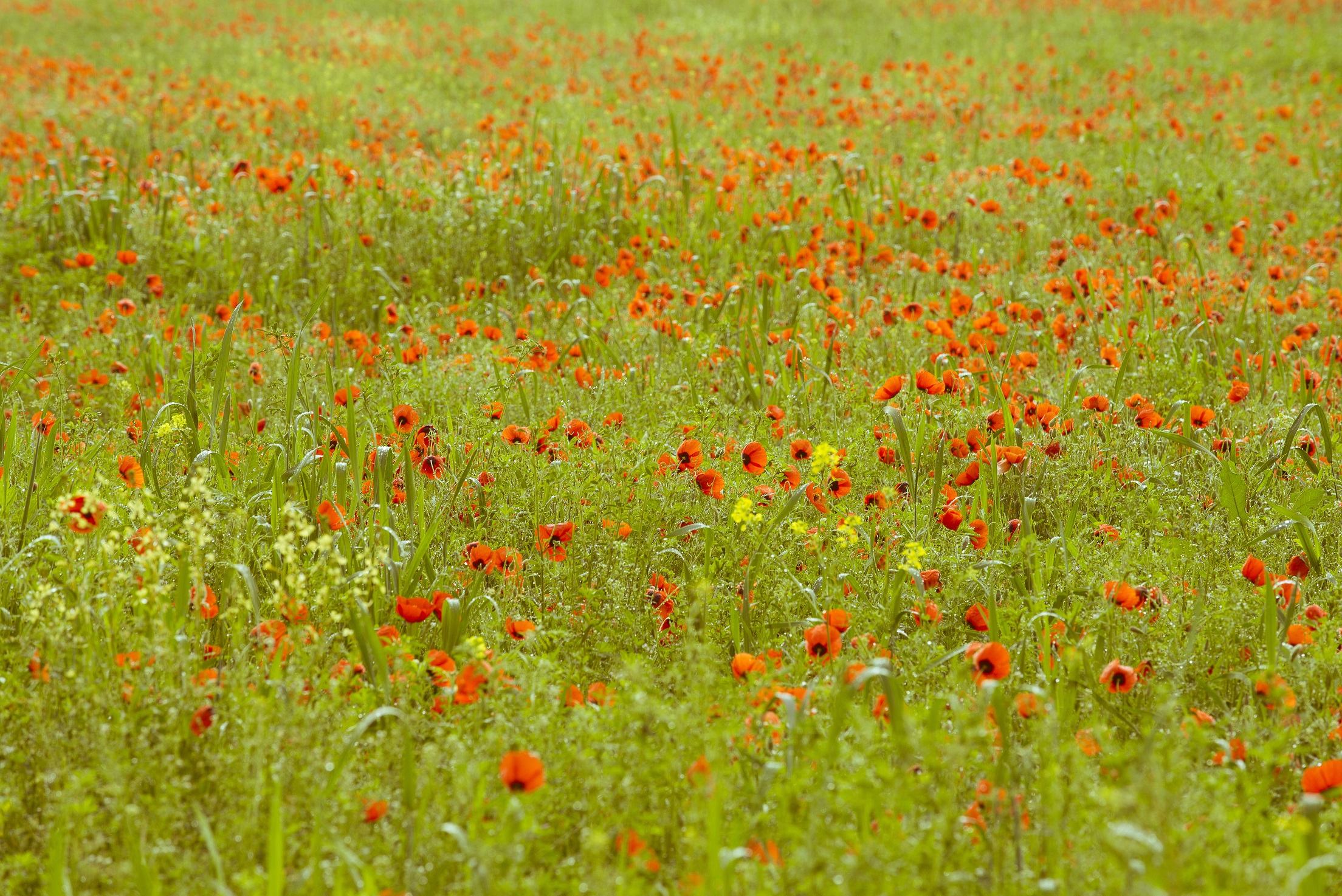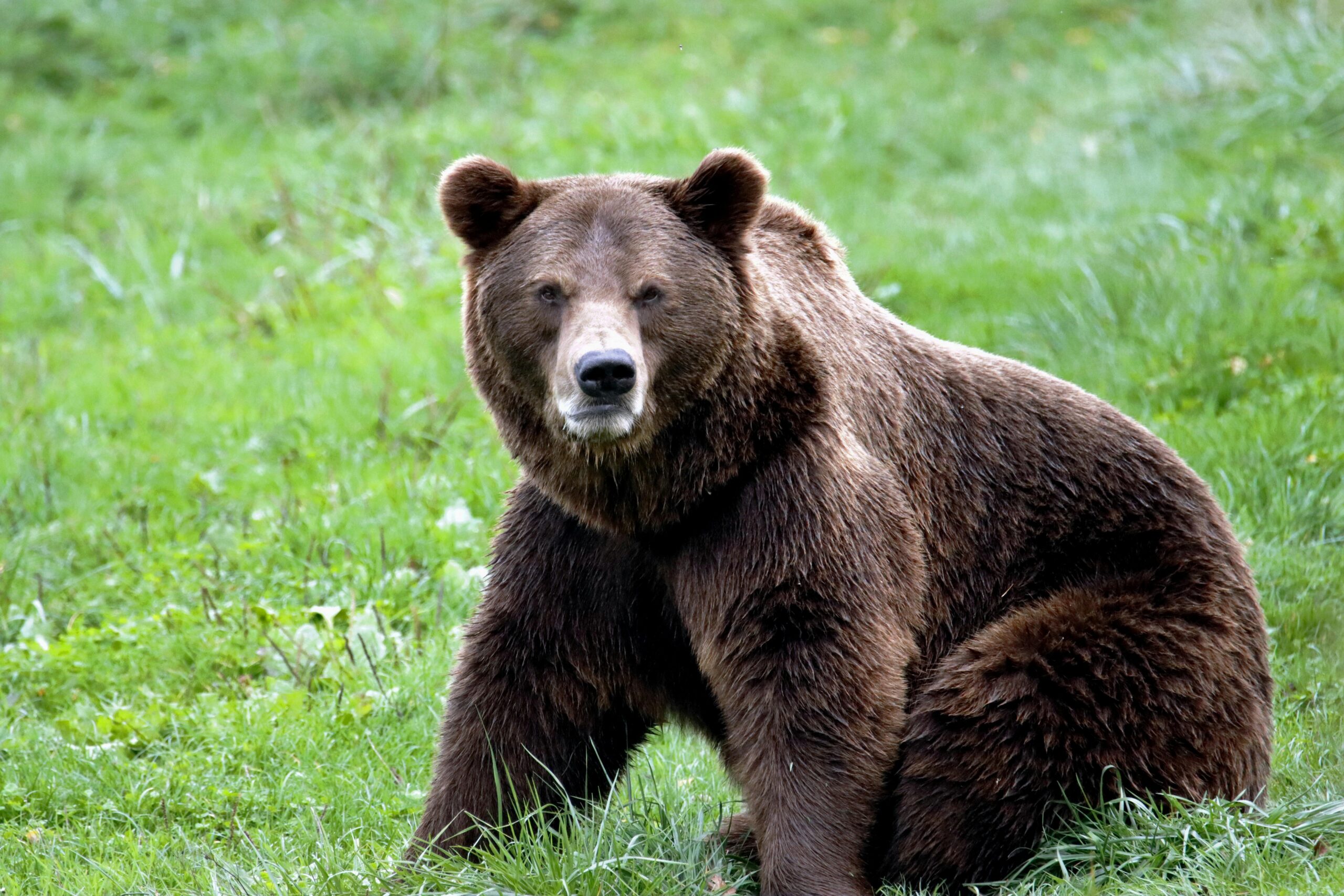Many farmers love nature. They enjoy wildlife when working on their land, they care for the soil and their animals, and they know that they work with and depend on nature. Stewardship is an important value to them. Time and again I find this in my research.
Farmers hold the key to restoration of biodiversity in rural areas and nature reserves. We need them to reduce emissions, store water, create a diverse landscape, manage semi-natural areas and to protect species. Yet, current markets, technologies and even policies drive farmers to work in ways that are harmful to nature. This has been the case for a long time. As a result, many farmers lack the skills, knowledge, confidence and financial means to farm in nature-positive ways, even if they would want to change their practices. It has been society that has brought farmers in this difficult position. It is therefore up to society – consumers, retailers, processors, bankers, schools, policy makers, and politicians – to motivate and enable farmers to live up to their identity as stewards. In addition, according to our research, farmer organisations, have an important role in the reproduction and modification of farming culture and identities.
European policies, through various incentives, implicitly give more recognition to certain aspects of farmer identity (e.g. as food producers) than to others (e.g. as stewards). In general, the European Common Agricultural Policy and many other European policies have a great impact on what farmers can and cannot do. European decision making on agriculture is therefore of crucial importance for nature in Europe.

Weemoed en hoop
Een tijdje geleden werd ik door een student geïnterviewd over natuurbeleving en hoe belangrijk biodiversiteit voor mij persoonlijk is. Tijdens

